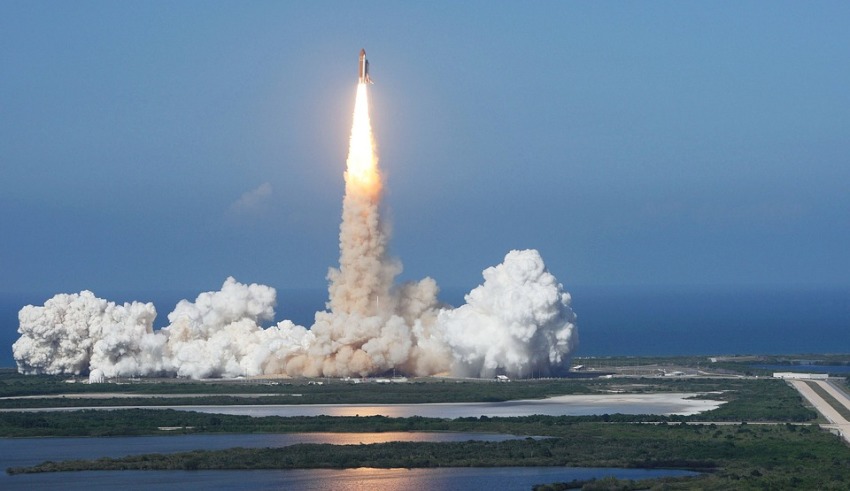The South Australian government has said it will push ahead with plans for its own local industry node of a future Australian space agency, blaming the federal government for inaction.
To continue reading the rest of this article, please log in.
Create free account to get unlimited news articles and more!
After the federal government announced a review into the nation’s space capabilities, South Australia’s Minister for Defence Industries Martin Hamilton-Smith said SA will look to launch its own structure and organisation before Adelaide hosts the 68th International Astronautical Congress (IAC) in September, saying the federal review suggests nothing will happen until after the 2018 budget.
"The Commonwealth government is moving too slowly to establish a national space agency," began Minister Hamilton-Smith. "The Coalition is moving at a snail’s pace. At this rate we’ll get to the moon one million years from now."
Australia is only one of two OECD nations without its own space agency, the other being Iceland, something the local space sector says means we are missing out on our share of the fast growing global industry worth in excess of $300 billion.
"Australia risks looking out of touch and behind the times in late September when Adelaide hosts the IAC to be attended by around 4,000 of the world’s leading space sector operators, including researchers, astronauts, scientists, space agencies and commercial enterprises," the minister said.
"This could have been a platform for the Prime Minister to demonstrate Australia’s embrace of cutting-edge technologies on a world stage. Instead of being agile, we risk looking puerile.
'"In January this year, the Premier Jay Weatherill wrote to the Prime Minister urging the establishment of a space agency, a message which will be taken again today to the COAG Industry and Skills Council. "
In March, the Space Industry Association of Australia released its white paper, ‘Advancing Australia in Space’ to the federal Minister for Industry Innovation and Science, calling for the Australian government to commit to a permanent national space program and establish an Australian space agency.
In April, cabinet considered the white paper and agreed to advocate for the establishment of an Australian space agency based in Canberra, with SA as its operational centre.
From 25-29 September 2017, Adelaide will host the 68th IAC, set to attract around 4,000 international and local delegates, including the world’s leading space agencies, making it one of the largest conferences ever held in the city and set to inject around $20 million into the local economy.
"We support the Space Industry Association’s March white paper Advancing Australia in Space and we have already produced our own Space Innovation and Growth Strategy (South Australia) and the South Australian Space Capabilities Directory," said Minister Hamilton-Smith.
"The SA government will use the Adelaide IAC to showcase Australian space industry and technology to the world and will work with other states and territories to promote Australia as an international partner in space industry activity, given the absence of leadership from Canberra.
"This is a $330 billion global space industry and the Australian space sector currently produces annual revenues of $3-4 billion and employs up to 11,500 people. It’s not good enough for Canberra to naval gaze while the eyes of the world are looking at Australia for leadership when we host the IAC in SA in the coming months."
In June this year, South Australia unveiled a new space studies program that will see five students receive $10,000 each to participate in the University of South Australia's highly regarded 2018 Southern Hemisphere Space Studies Program.
SA is not alone in its calls for a stronger aerospace industry. In May this year, retired Australian-born astronaut Andy Thomas wrote to Minister for Defence Industries Christopher Pyne to push for investments in the aerospace industry and the formation of a national space agency.
In the letter, which was also published on the Australian Space Industry Association's website, Thomas argues Australia has "a unique moment" to make "strategic investments in the emerging space-related economy".
Thomas said the nation is missing out on economic and employment opportunities.
"The world-wide space industry is a $350 billion per year activity growing at an annual rate of about $10 billion per year. And for a developed country, it is staggering that Australia accesses less than 1 per cent of this huge industry. We are missing out on a rich opportunity for innovation, employment and accessing potential export markets," the letter read.

 Login
Login







